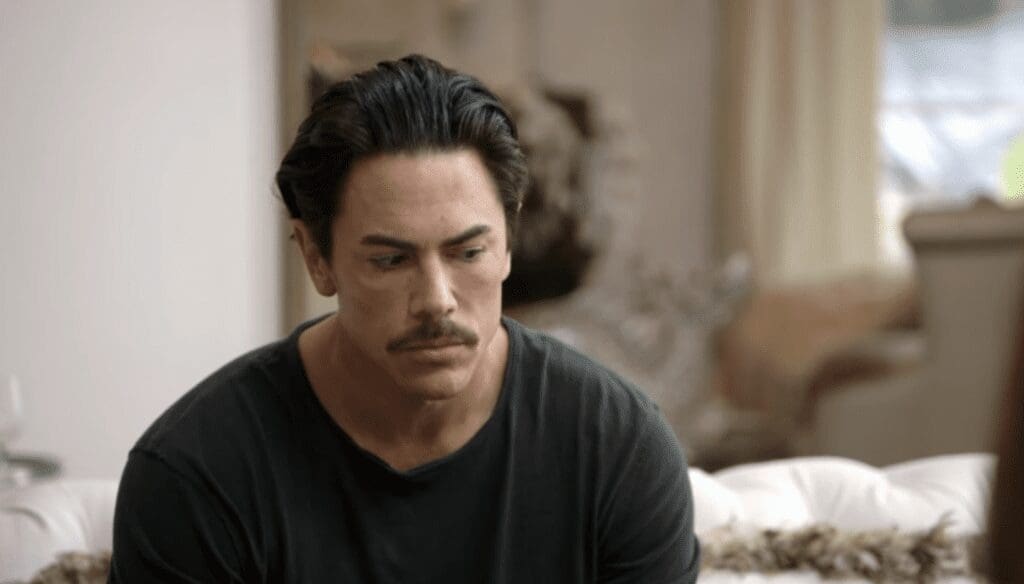Martin Scorsese and Justine Triet, two of this year’s best director Oscar nominees, received the Santa Barbara International Film Festival‘s outstanding directors of the year award on Monday night.
The tribute, sponsored by The Hollywood Reporter, featured 30-minute, sit-down conversations with each of the honorees about their careers and journeys to their currently celebrated films, moderated by THR‘s Scott Feinberg.
Anatomy of a Fall director Triet was up first. She touched on originally meeting the film’s star Sandra Hüller 12 years ago, watching The Boston Strangler “40 times before shooting” the best picture nominee as inspiration and her reluctance to reveal how the project truly ends: “I think I will speak in 10 years.”
Of the secret recording storyline that is featured in both Anatomy of a Fall and her 2019 film Sibyl, she also revealed, “When I was a young girl, I had a bad habit to record but now no. Sometimes, when I was lost with my white page before writing something, I just went to a party, and I’d just record a lot of discussions. But no, now it’s finished!”
Triet also gave some insight into using a cover of 50 Cent’s “P.I.M.P.” in the film — explaining “it was not my first choice. My first choice was ‘Jolene’ by Dolly Parton,” but she couldn’t get the rights. She even spoke about the movie’s breakout canine star Messi, who played Snoop.
“I have to admit now, the dog is really, really amazing, but I have to admit something tonight. He has one problem,” Triet joked. “Laura, his trainer, is really wonderful, and she just said to me, ‘He’s wonderful, he has a lot of energy he’s the best, but he cannot walk slowly.’” The director explained that she wanted shots that would walk behind the dog as he entered a room, but it was “not possible with Snoop, he was so fast… I said, ‘Maybe if he’s tired it’s OK?’ And she said, ‘No, when he’s tired, he just stops.’”
After Triet was presented with her award, Scorsese took the stage to a standing ovation, where he spoke about his work on Killers of the Flower Moon and working with his two longtime collaborators Robert De Niro and Leonardo DiCaprio.
De Niro and Scorsese first met when they were teenagers and reconnected at a Hollywood dinner years later. Today, their process is that “Robert De Niro with me at least, would, at times, just react to something, and I’d say, ‘What do you think? I see you’re moving away.’ [He’d say] ‘This is not right,’ and we didn’t have to say what’s right or wrong. De Niro’s and my [process] now has become quite internal and quiet. I guess we’re just old,” the filmmaker joked.
In comparison, Scorsese said DiCaprio “is very effusive and really has such great energy” and “gave me a second life making movies.”
“Leo still needs that talking. We talk it through and talk it through and talk it through and talk it through until we’re all the way around, sometimes it takes several months. That’s what it is,” the director continued. “And then Bob in this one, became very the way you see him as Uncle Bill. He’d be sitting there reading — not a rehearsal, just reading maybe — and I’d say, ‘Maybe too much in that line, huh Bob? What do you think, is he saying too much?’ [He’d say] ‘Yeah I’m saying too much here. And I don’t need this word, let’s take that out, let’s do that.’ And then Leo will want to say more. And then we look at it and say, ‘Alright, but I think you’re going to find that we’re going to take a few out.’”
Scorsese was also asked if he sees his work reflected in the TV and film of today, as he noted, “I can’t really tell. I mean, I can say certain angles, certain shots and certain Steadicam shots, let’s say, are reminiscent of Goodfellas or Casino… but I can’t specifically point to it and say, ‘Oh, that’s directly from this,’ or ‘That was taken from here.’ And if it is, at times, it’s done more like a homage and so that’s kind of fun. People point that out to me and say, ‘Watch what they do here, that’s an homage to your pictures.’ But it’s been so long, and I’ve seen so much stuff that I can’t quite tell. And so for me, it’s an honor.”
To wrap up the evening, SBIFF executive director Roger Durling presented Scorsese with his award, noting that the filmmaker has had 10 best director Oscar nominations and only one win in his career.
“You mentioned the 10 nominations and winning only one — I always felt once we did Taxi Driver in ’75, was released in ’76, but the film was nominated, and we got three of the nominations, but the director and the writer were not nominated, so apparently it was made by itself somehow,” Scorsese said to laughs from the crowd. “Once that happened, I realized it doesn’t matter because, ultimately, the real gift was getting to make the films.” He added, “So as much fun as it would be to receive those things, it’s always best for younger people to remember it’s really the work.”






